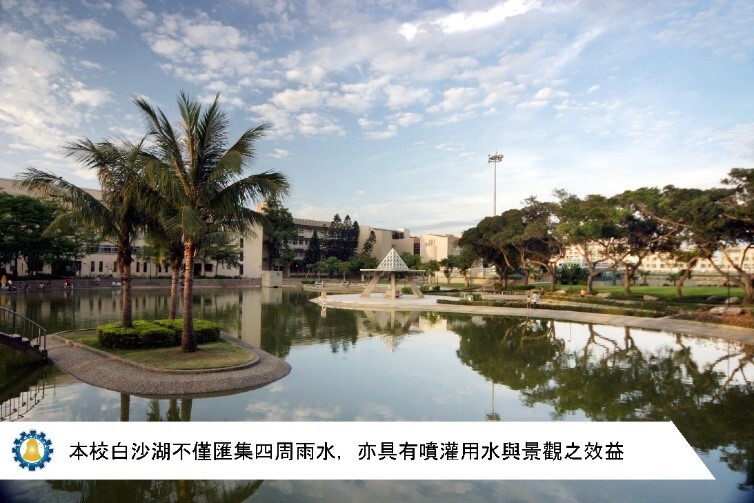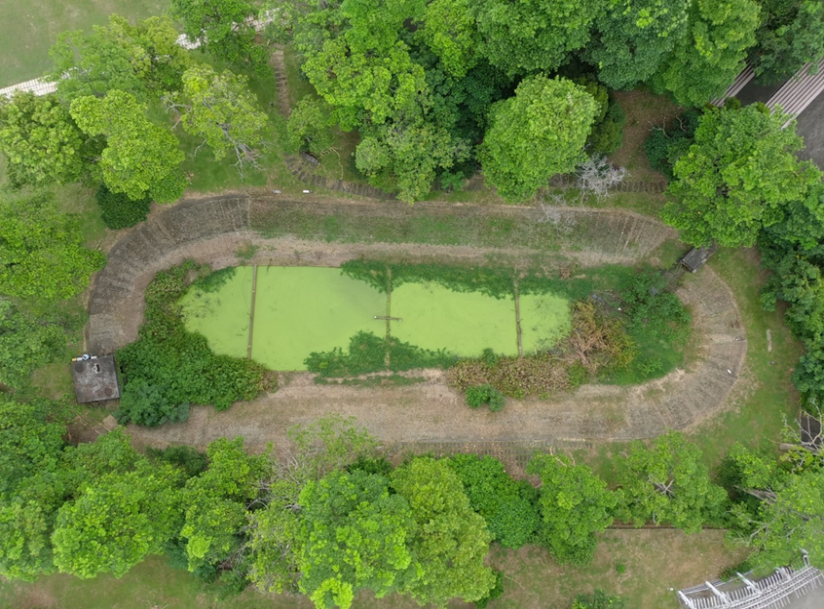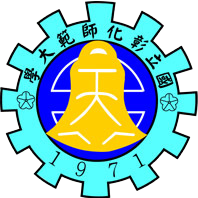SDG6.4.1 Water reuse policy-2021
NCUE has established smart campuses that operate on a sustainable living platform and has implemented various strategic tools in accordance with the United Nations’ sustainable development indicators. The main effects focus on smart governance and education, public safety, water resources, smart energy, healthcare, and intelligent transportation. Regarding water resources, conductivity and pH values are monitored at the three wells on campus. Real-time data are obtained through water quality detection sensors, and the detected data are then transmitted to the water resources monitoring system in real time on the Internet. These facilitate the effective management of the wells’ water quality and the optimal distribution and utilisation of the water resources.
The requirements stipulated under the Green Building Label certification have been implemented for all new buildings. Those constructed and completed after 2003 are equipped with rainwater recovery ponds, and the recovered rainwater is used for sprinkler irrigation, thereby effectively recycling the precipitation received on campus.
The artificial Bai-Sha Lake sited on the Jin-De Campus has an area of approximately 9,000 m2, and the detention basin in the Bao-Shan Campus is 4,500 m2. These two features serve the functions of flood storage during precipitation and enable the collection of rainfall and the absorption of drainage discharged from the surrounding buildings and green spaces. After collection, the rainwater and drainage are used in the sprinkler irrigation for the lawns and flowerbeds on campus.

The picture above is Baisha Lake, Jin-De Campus of NCUE.

Detention basin in the Bao-Shan Campus

